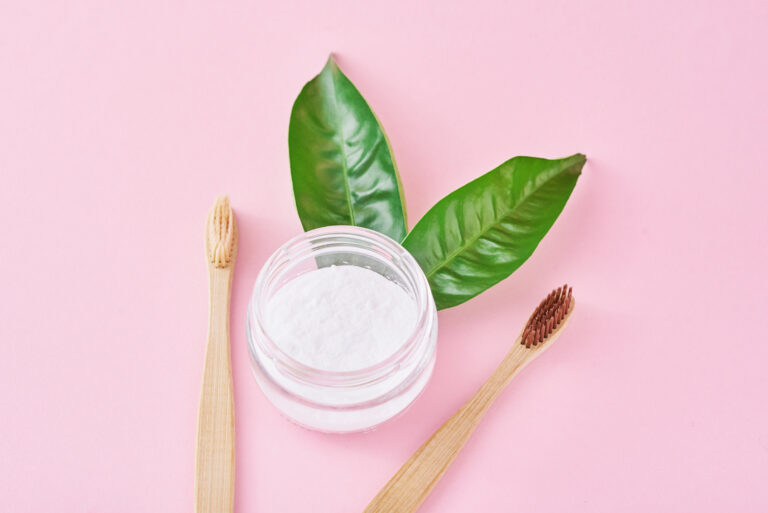Baking soda is one of the most amazing, affordable products available to us. Hopefully, you’re already using baking soda for cleaning throughout your home. If not, then you’re spending more money than you should on household cleaners. And today let’s talk about how baking soda’s benefits don’t stop there. There are so many uses of…
